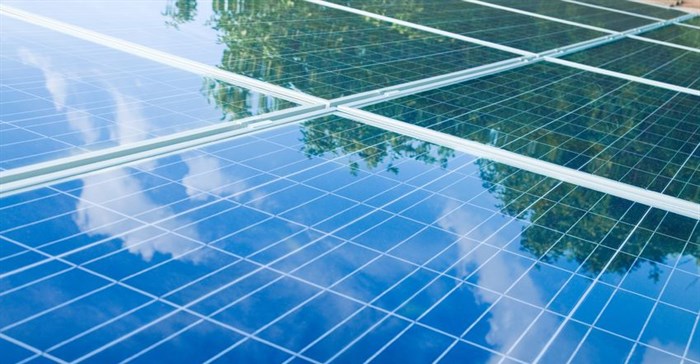Power producers to contribute 7,000MW

“The energy contribution of independent power producers is expected to grow to approximately 7,000MW with the first 47 renewable energy independent power producers fully operational by mid-2016. Private investment in the programme currently exceeds R194bn,” said Energy Minister Tina Joemat-Pettersson on Wednesday, 11 May.
Tabling the department’s Budget Vote, in Parliament, Minister Joemat-Pettersson said the programme has become one of the world’s most progressive and successful alternative energy programmes.
Since their introduction, solar, wind, biomass, small hydro and landfill gas power plants have been going up across the country, feeding increasing numbers of clean energy into the national grid.
As at December 2015, the department had procured 6,377MW of renewable energy and has already connected 44 projects with a capacity of 2,021MW to the national grid, with many more under construction.
Bids in terms of the Bid Window 4 Expedited Round, totalling an additional 1800MW are currently under evaluation with the department set to announce preferred bidders in the second quarter of the financial year.
Bid Window 4, including the investments made though the small projects programme, will increase the investment amount to more than R255bn, said the Minister.
The department also remains on track to meet the national commitment to transition to a low carbon economy with the target of 17,800MW of renewable energy power by 2030.
“The current renewable energy operational portfolio is contributing an increasing percentage of the buffer between the available supply and projected demand for electricity.”
The department has procured private peaker stations to the capacity of nearly 1000MW that can be used when there is a larger demand than what the Eskom generators can produce.
The Avon plant in Eastern Cape, which was completed in September 2015, can produce 330MW, while the Dedisa plant in KwaZulu-Natal, when completed by the end of 2016 will produce 630MW.
Total projects costs were R8bn, while 210 permanent jobs and 6190 temporary jobs were created at both plants.
Last year, the department initiated a process of redesigning the Request for Proposal (RFP) for Bid Window 5 with attention to early, efficient and equitable benefits to communities and greater localised industrialisation.
A new RFP for Bid Window 5 will be released during the second quarter of this financial year, further fast-tracking investment in the sector.
“To further boost renewable energy development in South Africa, we have determined, with the concurrence of the National Energy Regulator of SA, that 1,500MW will be generated from new solar technologies in a Northern Cape Solar Park,” explained the minister.
The solar park will stimulate investment in new and expanding industrial and manufacturing facilities, the development of local supply chains and entrepreneurial and employment opportunities for South Africans.
The solar park will be developed in a clustered fashion, sharing common infrastructure and services such as access to land, water supply, feeder lines to electricity transmission system, roads and support industries.
As part of the Youth Month commemoration in June, the department will celebrate the strides made by the REIPPP towards the development and empowerment of the youth.
“Not only have numerous employment opportunities been created, with 52% of total job opportunities specifically for youth, but they have also benefitted from various education and skills development initiatives preparing them for, hopefully, a bright and successful future,” said the minister.
Coal
When coming to coal, the department is expected to announce the preferred bidders from the first bid submission for domestic coal projects in July 2016.
Bids with a combined capacity of 900MW were received and are currently in evaluation. The projected investment commitment from these coal projects is in the region of R45bn, and will be rolled out over the next four years.
An additional 3750MW of power will be generated utilising coal technology, through cross border projects that will augment the local Coal IPP procurement programme.
Integrated Energy Plan (IEP)
When coming to the IEP the minister said this represents the overarching energy policy and strategy statement that has been under development since 2012.
The minister said a final version of the document – which will provide answers to various questions that the country has been grappling with regard to the energy future - will be tabled for further discussion.
Integrated Resource Plan (IRP) and the Gas Infrastructure Plan
Arising out of the process for developing the IEP will be the infrastructure plans in respect of the electricity, gas and liquid fuels sectors in more detail as recommended by the IEP.
The updated IRP process is well underway, the minister said, adding that it will be submitted to the economic sector and infrastructure development cluster in the second quarter of this financial year.
Similarly the Gas Infrastructure Plan will take its lead from the IEP, in regard to the gas pipelines, storage and other infrastructure that is necessary for meeting the energy demand through gas supply.
The budget appropriation to the department this year is R7.5bn of which 90.2% is earmarked for transfer to municipalities and state owned entities.